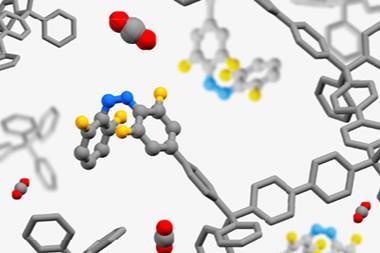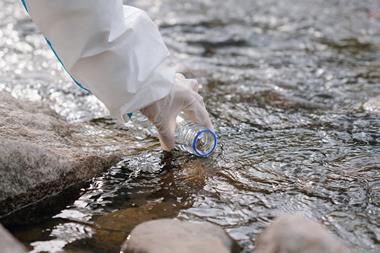Polymers found in aloe vera extract could save the lives of trauma victims.
Polymers found in aloe vera extract could save the lives of trauma victims.
The juice of the aloe vera plant is one of mankind’s oldest medicines: the ancient Greeks knew about it, and used it to treat burns. Now it is a familiar ingredient of skin creams and moisturisers. But research at the University of Pittsburgh, US, could lead to aloe vera being used in a new and dramatic way: to save the lives of people who have suffered massive blood loss.
Haemorrhagic shock is a major problem, especially for the military. ’Soldiers wounded in combat often lose significant amounts of blood, and there is no practical way to replace the volume of blood fast enough on the front lines,’ explains Mitchell Fink, research director, McGowan Institute for Regenerative Medicine. ’When this happens, there is inadequate perfusion of the organs which quickly leads to a cascade of life-threatening events.’
Fink and colleagues are developing a discovery by Marina Kameneva, also from the McGowan Institute, of the surprising effects of polymers derived from an aloe vera extract. In the plant, these polymers are part of the mucilage, the lubricating sap that helps carry nutrients around the cellular structure. Rich in high molecular-weight polysaccharides, the mucilage has viscoelastic properties, which could help victims of shock. When added in small quantities to a flowing liquid, the polymers dramatically reduce the turbulence of the flow, allowing it to penetrate all the tiny peripheral blood vessels and capillaries that feed the major organs. It also reduces blood pressure, so any clots which may be forming around the site of the injury - vital to the patient’s survival - are not swept away by the blood flow.
Enhanced blood flow means efficient oxygen transfer to organs, the researchers claim. In a paper in the journal Shock, they explain that rats receiving the extract, in only tiny quantities, survived for significantly longer, and consumed more oxygen, than those who received only saline.
Fink believes that this could buy valuable time for battlefield doctors and civilian paramedics. ’Medics would only need to carry a small amount of this solution, which could feasibly be administered before the soldier is evacuated to a medical unit or facility,’ he says.
Stuart Nathan
References
C A Macias et al, Shock, 2004, 22, 151






No comments yet